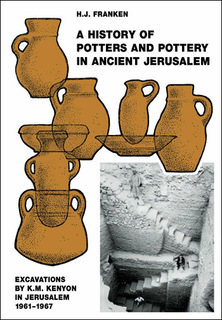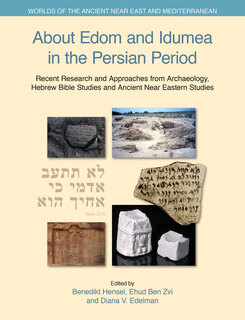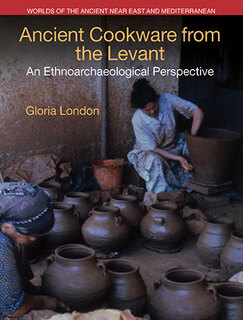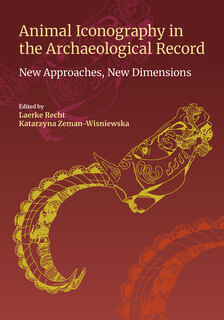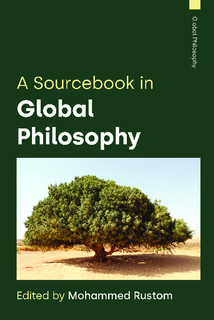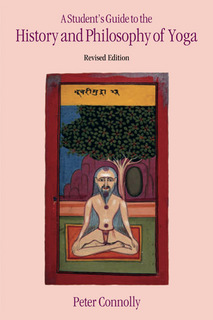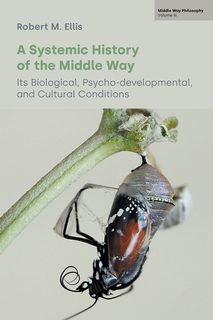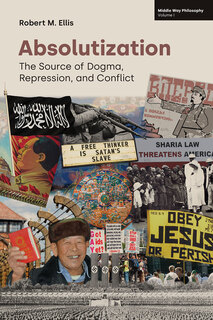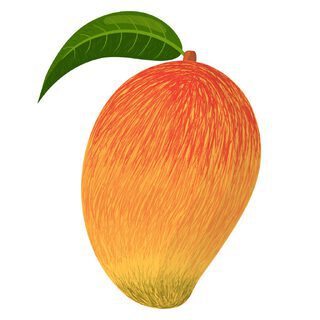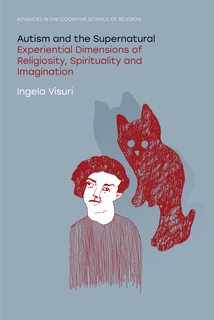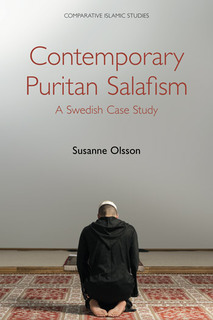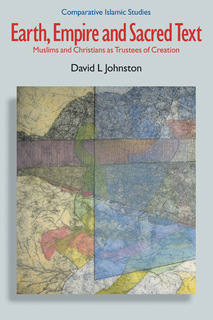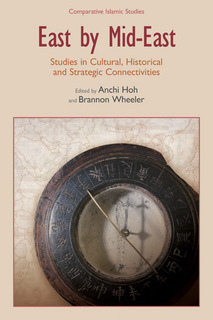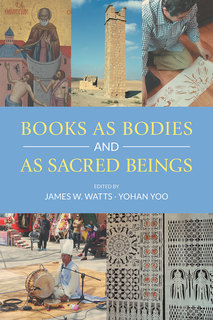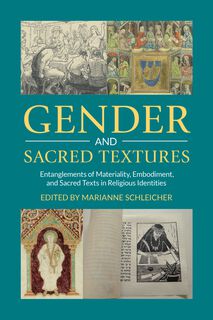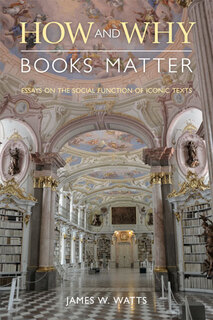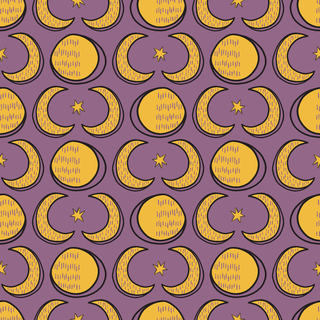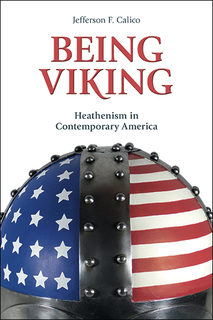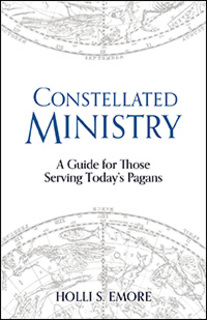Skip to main content
project collections
Series Editor
Mohammed Rustom, Carleton University
To learn more about the series, please visit the Series Home via the box below,
Series Editors
Armin W. Geertz , Aarhus University
Jesper Sørensen, Aarhus University
Valerie van Mulukom, Coventry University
To learn more about the series, please visit the series home page through box below.
Editor
Brannon M Wheeler, United States Naval Academy
To learn more about the series, visit series home page below.
Brannon M Wheeler, United States Naval Academy
To learn more about the series, visit series home page below.
Editor
James W Watts, Syracuse University
To learn more about this series, visit the series home page from box below.
James W Watts, Syracuse University
To learn more about this series, visit the series home page from box below.
Editors
Chas S. Clifton
Scott Simpson, Jagiellonian University
To learn more about the series or how to submit a proposal for consideration, please click on Series Home box below.
Manifold uses cookies
We use cookies to analyze our traffic. Please decide if you are willing to accept cookies from our website. You can change this setting anytime in Privacy Settings.

